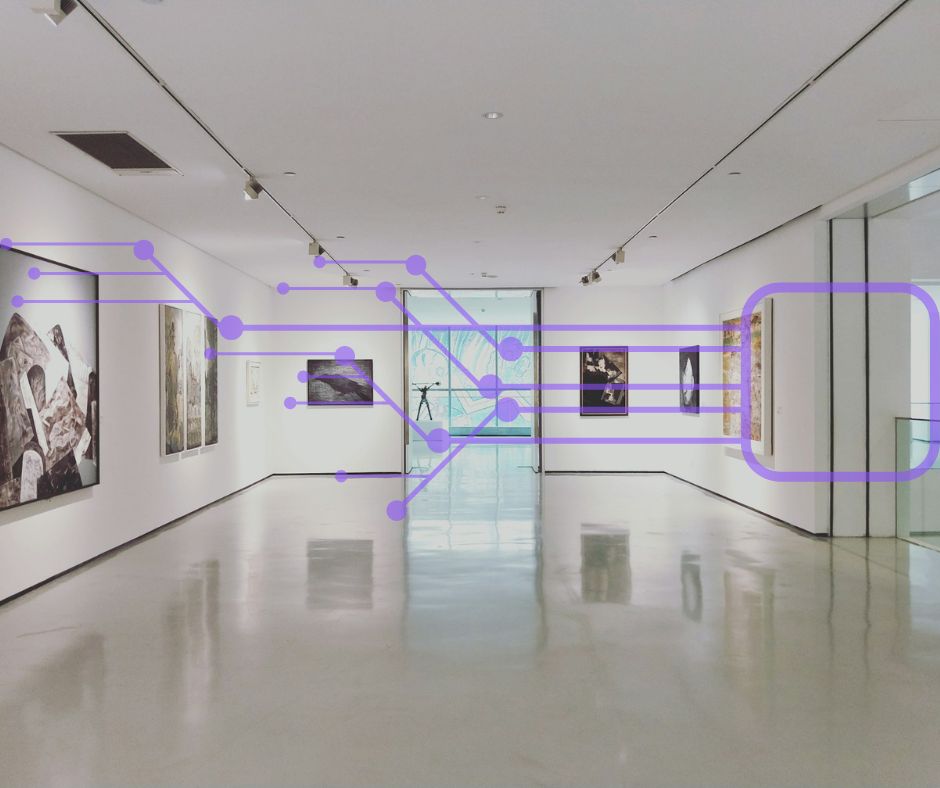AI4Culture project, funded by the Digital Europe Programme (DIGITAL), explores, with the use of AI, innovative ways to enhance the preservation, accessibility, and promotion of cultural assets. The project aggregates useful technology to cultural heritage professionals and cultural researchers. As the projects’
mission states, they aim to
“ enable professionals, researchers, and enthusiasts within the sector with the resources they need to integrate AI into their daily workflow, find creative ways to use them and solve their current problems.” The AI4Culture researchers’ way to bridge the gap between Cultural Heritage professions and AI is by creating a platform that will include all the essential AI and technology tools that somebody can incorporate into their workflow.
About the AICulture Platform:
On October 4th, the AI4Culture project launched a capacity-building platform designed to help cultural heritage institutions harness the power of artificial intelligence. This platform features a suite of AI tools tailored to meet the diverse needs of these institutions.
One of the platform’s unique aspects is its “commitment to open-source principles”. AI4Culture will provide a variety of datasets from the cultural heritage sector, available under an open-source licence, to foster collaboration and innovation. These datasets can be used to train and test AI models, empowering organisations to customise and fine-tune tools according to their specific needs.
Among the tools that someone can utilize within the AI4Culture project platform are:
- eScriptorium: a tool that provides researchers in the humanities with an integrated set of tools to transcribe historical documents (printed and handwritten)
- Omnizart: a Python library that aims to democratize automatic music transcription. Given polyphonic music, it can transcribe pitched instruments, vocal melodies, chords, drum events, and beats.
- RePAIR: a set of ΑΙ tools, models, and datasets designed to effectively tackle one of the most labour-intensive and frustrating steps in archaeological research, namely the physical reconstruction of shattered artworks.
- Transkribus: an AI-powered platform for text recognition, transcription, and searching of historical documents – from any place, any time, and in any language.
Other than the Open Source AI Tools section and the Cultural Heritage Datasets section for training, testing, and evaluating AI models, users of the platform can find Upskilling Resources that accompany the tools and datasets. These include articles discussing various applications, tutorials, and more.
By continually enriching the platform with guides, tutorials, and best practices. The team behind the AI4Culture platform aim to bridge the knowledge gap for professionals who wish to see AI as a tool that can enhance their everyday workload. The project emphasises collaboration among various stakeholders, including researchers, cultural organisations, and technology developers. This interdisciplinary approach ensures that solutions are not only technologically advanced but also culturally relevant and sensitive.
AI4Culture will run for 27 months and is led by the Technical University of Athens (NTUA) in Greece.
The other members of the consortium are:
Europeana Foundation - The Netherlands, Datoptron - Greece, Fondazione Bruno Kessler (FBK) - Italy, Pangeanic - Spain, Translated - Italy, Katholieke Universiteit Leuven (KU Leuven) - Belgium, European Fashion Heritage Association (EFHA) - Italy, Stichting Nederlands Instituut Voor Beeld En Geluid (NISV) - The Netherlands, Austrian Institute Of Technology (AIT) - Austria, Datable - Belgium, CrossLang - Belgium
To read more about the project and access their platform, visit their
website.








